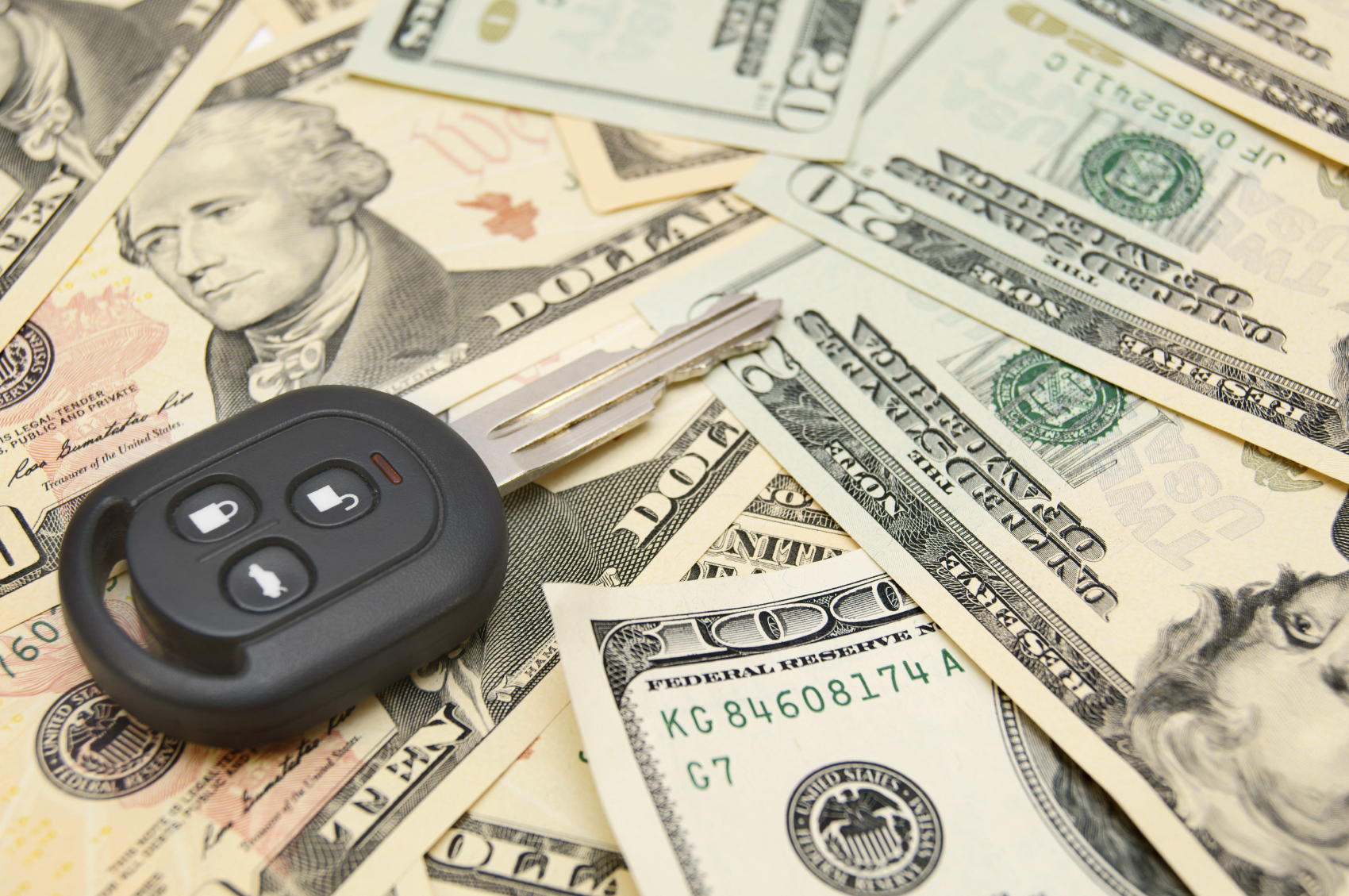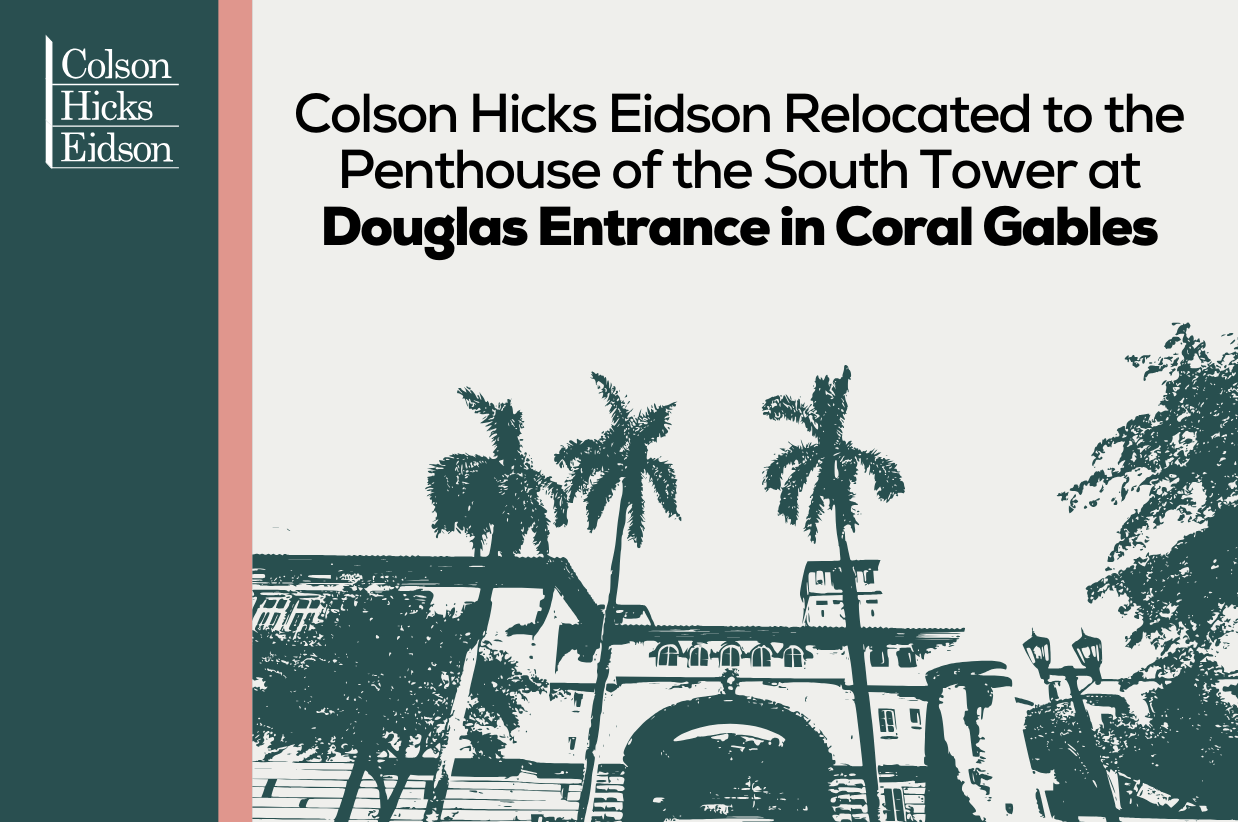 Broward County didn’t like what they were seeing from the new ridesharing companies like Uber and Lyft, and so county leaders came together to pass new and stricter regulations on these ridesharers. That prompted Uber and Lyft to pull out of Broward, which led to a quick backtrack. In the end, Broward County drafted new legislation that brought rideshare companies back to the county, and now Miami-Dade is looking to pass similar legislation.
Broward County didn’t like what they were seeing from the new ridesharing companies like Uber and Lyft, and so county leaders came together to pass new and stricter regulations on these ridesharers. That prompted Uber and Lyft to pull out of Broward, which led to a quick backtrack. In the end, Broward County drafted new legislation that brought rideshare companies back to the county, and now Miami-Dade is looking to pass similar legislation.
Will Miami-Dade Require “E-Hailing” Apps?
Mayor Carlos Gimenez has helped draft new legislation that would essentially legalize these rideshare companies, and require taxi companies to offer “e-hailing” apps that function just like Uber and Lyft. Taxi companies would also get benefits like no more fingerprinting or photographing cabbies, but many taxi companies are worried and warn that this new move could push cabs out of underserved areas and limit pickups of customers without credit cards.
What Problems Could This Legislation Cause?
There are also worries that legalizing ridesharing in Miami-Dade would eliminate the more than 1,000 citations rideshare drivers have accumulated for violations of county for-hire laws. “We don’t wipe out the fines for ordinary citizens,” Chairman Jean Monestime tells the Miami Herald, while he also voiced concerns about drivers circumventing the medallion system. “Why should we encourage someone to conduct business in our county without being properly licensed?”
The licensing Miami-Dade’s medallion system provides ensures a level of protection for consumers who ride in taxis. Uber and Lyft drivers don’t have to meet these standards and that can put the public at risk. Colson Hicks Eidson is on the case and challenging Lyft in a wrongful death case. Will this help make our local streets safer? Will local legislation make getting a ride in Miami-Dade more dangerous? Let us know what you think on Twitter and Facebook.





